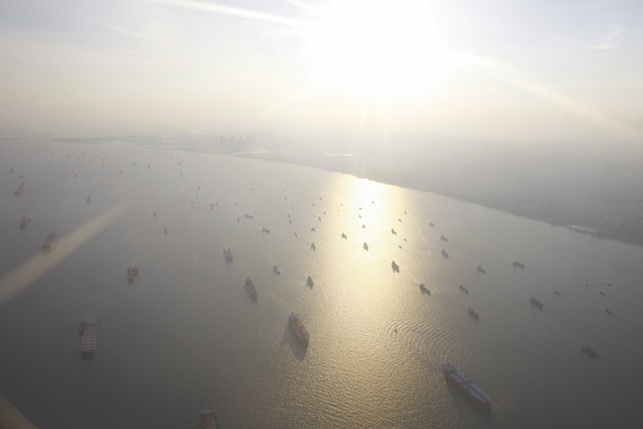Archipelago Cities

Proposing viable pathways to sustainable urbanisation in the ASEAN+ region, to ameliorate the threat of uncontrolled urbanisation, and deliver resilient forms of development
Rapid urbanisation in ASEAN+ region – Southeast Asia, India and China – has generated quite novel and often unprecedented urban forms which feature hybrid, urban-rural patterns of settlement and new kinds of relationship between city and hinterland. These forms cannot be easily understood in terms of existing, usually western, urban models. In Europe and North America, which has been the empirical basis for many of existing urban models, urban growth has slowed, and many cities in those regions are even ‘shrinking’.
We adopt the term ‘archipelago cities’ as a metaphor for the large and extended city-regions in Asia and for thinking urbanisation at the planetary scale. In this sense, we precisely invert Unger’s use of the term ‘archipelago city’ in his proposal to manage the shrinking of post-war Berlin.
Understanding the patterns, forms and processes that emerge in the cities and hinterlands of Asia and beyond, is a necessary first step in rethinking the future scope and responsibility of urban planning and development. The research of the Archipelago Cities scenario focuses on on better understanding this phenomenon from a transdisciplinary perspective that includes architecture, urban design, geography, material science, engineering, social science and the humanities.
This scenario aims to address the conceptual shortcomings of existing urban theory, and contribute to ameliorating the physical, social and environmental inadequacies of settlements in these rapidly urbanising regions. It aims to develop viable pathways to sustainable urbanisation in the ASEAN+ region, to ameliorate the threat of uncontrolled urbanisation, and deliver resilient forms of development.
It does so through research on (terrestrial, aquatic and atmospheric) territories, hybrid urban-rural settlement patterns, alternative construction materials and processes, and cultural aspects of urbanisation, including role of tourism and the leisure economy.
The Archipelago Cities scenario consists of four research projects: